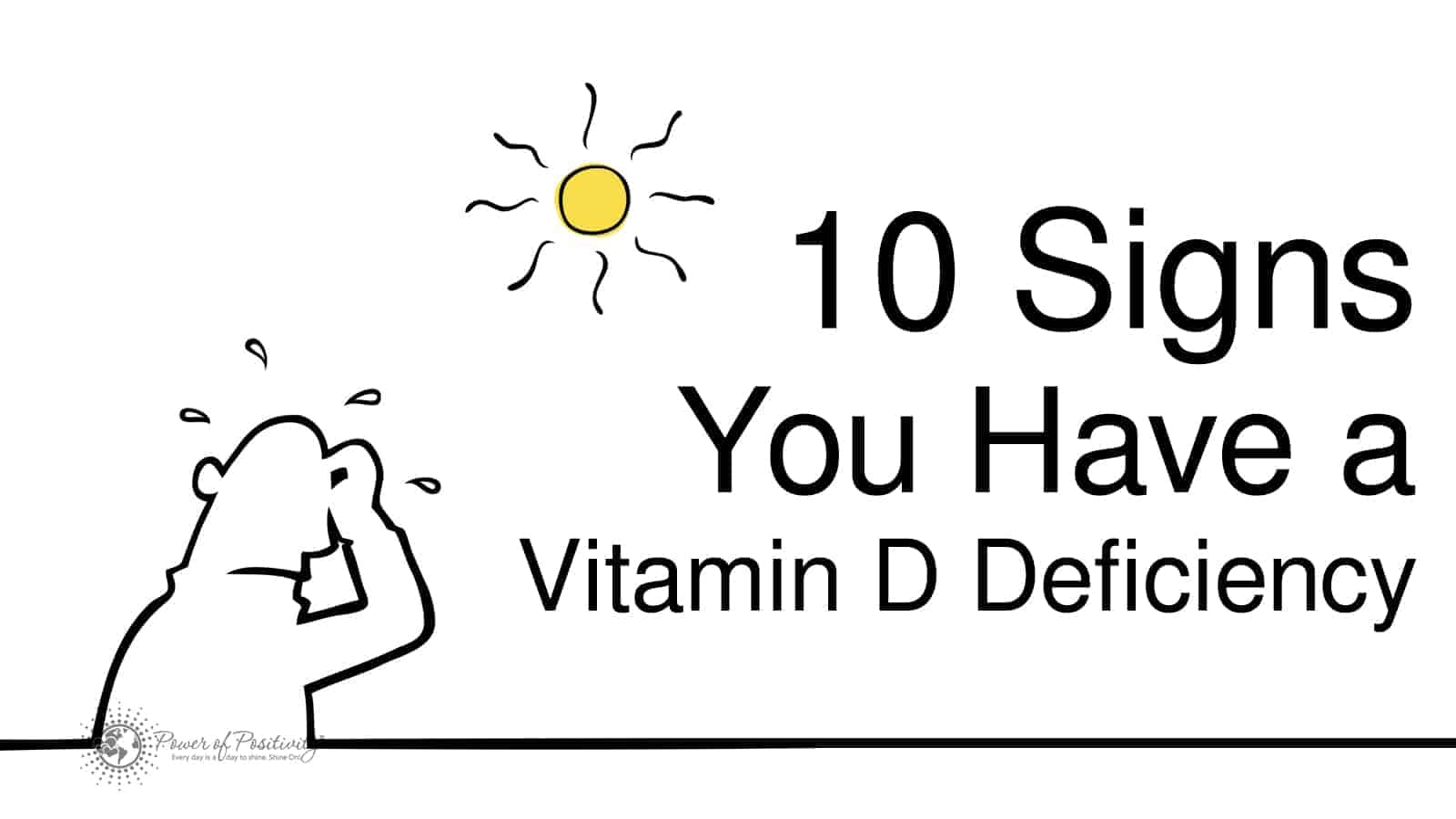Have you ever experienced a case of ‘pins and needles’ or a subtle yet persistent sensation of numbness and tingling? If so, you might be more familiar with peripheral neuropathy than you think. While the term might sound technical and intimidating, it simply refers to the conditions affecting our peripheral nerves, which can lead to the unusual sensations we just mentioned. This article aims to provide a straightforward understanding of peripheral neuropathy, focusing mainly on how it contributes to numbness and tingling. Here, you’ll find a digestible explanation that de-mystifies this medical term, ultimately shedding light on what could be causing these sensations in your body.
Let’s talk a little bit more about peripheral neuropathy. Understanding the signs that reveal this condition, a common reason paraesthesia, the scientific word for numbness and tingling, is helpful. Then we will discuss the nutritional deficiencies that may cause this discomfort.
Seven Primary Symptoms of Paraesthesia
The symptoms of paresthesia can vary, ranging from mildly uncomfortable to severe, and each symptom comes with its unique set of characteristics:
- Aching or Burning Pain: This type of discomfort may be constant or intermittent. It can manifest as a dull, heavy ache or a sharp, burning sensation. This pain is often a result of nerve irritation or damage in the affected area.
- Sensations of a Part of the Body “Falling Asleep”: This sensation is usually temporary and is often described as a limb or body part feeling heavy, unresponsive, or difficult to move. It commonly occurs when pressure has been applied to a particular body part for an extended period, temporarily restricting blood flow. Thus, it impacts nerve function.
- Pins and Needles: This symptom feels like tiny pinpricks on the skin and is usually due to temporary nerve compression.
- Numbness: This involves a loss of sensation in the affected area. The area can feel dead or frozen. You might also experience difficulty perceiving temperature, pain, or other sensations. This symptom can be quite disconcerting and is typically due to disrupted nerve function in a specific area.
- Tingling: This sensation can be likened to a feeling of “crawling skin” or a mild, constant prickling sensation. This is usually a result of increased or irregular nerve activity in the affected area.
- Skin that feels hot or cold: In cases of paresthesia, your skin may feel unusually hot or cold. This is because the nerves communicating temperature to your brain may be impacted, causing your brain to misinterpret the signals.
- Stabbing Pain (Chronic Paresthesia): Chronic paresthesia can result in severe stabbing pain that comes and goes. This type of pain can be quite debilitating and is often a sign of long-term or permanent nerve damage.
Understanding these symptoms in more detail can help you better navigate and manage paresthesia, and seeking medical advice when these symptoms persist is always recommended.
Now let’s talk about some nutrient deficiencies that may cause one or more of the above symptoms – primarily, numbness and tingling.
5 Deficiencies that Cause Numbness and Tingling
“Peripheral neuropathy may occur as a result of malnutrition, of which there are many causes including poor nutrition caused by unbalanced diet and alcoholism.” – The Foundation for Peripheral Neuropathy
1. Calcium:
The body does not produce calcium, so we must obtain it via food and supplements. Calcium is critical for our health and well-being. Besides keeping the bones healthy and protected, calcium supports heart, blood, and muscle health. We lose amounts of this mineral through sweat, urine, and feces. And wouldn’t you know it, numbness and tingling are two of the most commonly reported symptoms of low calcium.
How to fix it:
Dairy products – for example, cheese, milk, and yogurt – are outstanding sources of calcium. However, plenty of other non-dairy foods are rich in the mineral. Soymilk, fortified cereals, bottled water, and breads are all good sources. You can also find plenty of quality calcium supplements on the market.
2. Magnesium:
Magnesium is involved in over 300 chemical reactions of the body, including the heart’s functions, muscles, and even hormones. As magnesium deficiency is known to disrupt nerve function, a shortage of the nutrient can lead to symptoms such as tingling and numbness.
How to fix it:
NIH estimates that only 48 percent of Americans get enough “Mg” in their diets. Good dietary sources of magnesium include cooked spinach, legumes, and pumpkin seeds. Supplements do suffice, though it is recommended not to take more than 350 non-dietary milligrams of magnesium daily. It is also worth mentioning that excess alcohol, caffeine, and soda speed up the loss of magnesium through kidney excretion.
3. Vitamin D:
Not getting enough vitamin D disrupts our body’s absorption of dietary calcium. Calcium, of course, is essential to bone health. These problems may also spread to areas of the extremities, including the muscles, which may take on a feeling of numbness or tingling. Vitamin D deficiencies may also produce symptoms such as fatigue, loss of appetite, weight loss, and constipation.
How to fix it:
Sunshine is the best source of vitamin D. Cereals, milk, and soy products are good dietary forms of D. Supplements should be a last resort, however, as even minimal exposure to the sun combined with a well-balanced diet should do the trick.
4. Vitamin B12:
B-12 deficiency can produce symptoms such as depression, delusions, and memory loss. Physically, low B-12 levels can cause numbness and tingling, along with jaundice, joint pain, and a shortage of breath. B-12 is necessary for many functions, including the production of DNA, nerves, and cells.
How to fix it:
B-12 deficiency arises from one of two things: nutritional habits or an inability to absorb the nutrient. Further, plants do not produce the vitamin, putting vegetarians and vegans at risk. Regardless, the solution depends on the degree of severity. Mild deficiencies may be corrected with a simple multivitamin; serious deficiencies may require high-dose B12 tablets or other treatments.
5. Vitamin E:
As a potent antioxidant, vitamin E safeguards body tissue from free radicals. Aside from cellular protection, or perhaps because of it, “E” is known for its anti-aging properties. Vitamin E helps protects the nervous system. When the body has a low amount of usable E, we may experience numbness or tingling sensations in the hands, feet, and toes.
How to fix it:
Good sources of vitamin E includes broccoli, kiwi, mangoes, nuts and seeds (especially sunflower), tomatoes, and vegetable-based oils. Vitamin E supplements are generally regarded as safe. If you are pregnant, seek the advice of your doctor. High levels of vitamin E may pose a threat to the health of an unborn baby.
Final Thought: The essential nature of proper nutrition to stop numbness and tingling
The unfortunate fact is that far too many people are nutrient-deficient. This exists even though most of us are fortunate enough to live in an environment that provides an abundance of relatively inexpensive options for getting proper nutrition. Not only does a well-balanced diet help us feel better, but it can also can effectively fight off many of the conditions that plague us, including cancer, diabetes, heart disease, and obesity.
In many ways, numbness and tingling sensations manifest poor health. Subsequently, poor health is too often the result of bad dietary choices and lack of physical activity. Indeed, improving upon these two lifestyle factors can make all the difference!














 Community
Community

